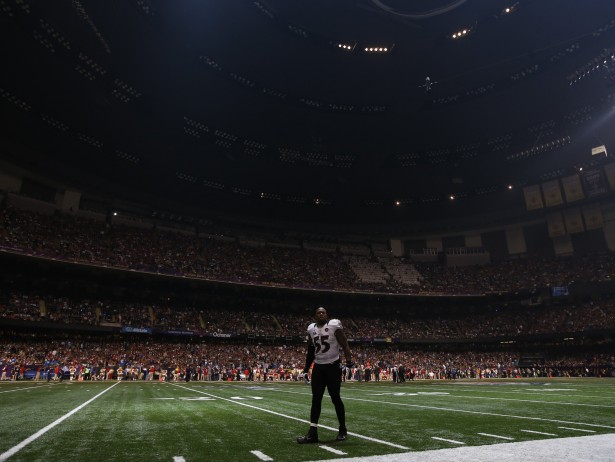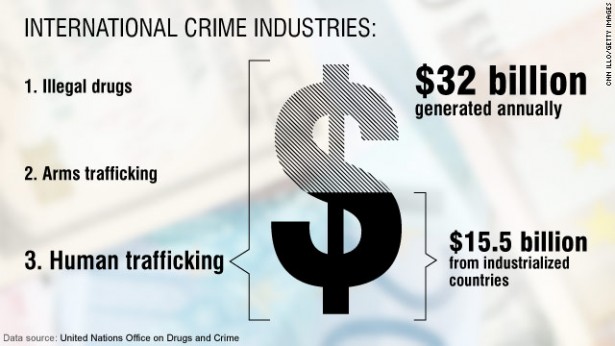
The Super Bowl is one of the most widely celebrated sporting events in the world, and each year the U.S. city selected to host the event benefits with a huge boost in its economy. Even with all of the excitement surrounding the game, there is a dark and often overlooked tragedy surrounding the event. According to Texas Attorney General Greg Abott, the Super Bowl is the single largest human trafficking incident in the United States.
Such an influx of sex trafficking can be primarily attributed to the fact that traffickers can easily hide themselves, their victims, and their crimes amongst the chaos and crowds surrounding the Super Bowl. According to Forbes, 10,000 prostitutes were brought to Miami for the Super Bowl in 2010. In anticipation of this year’s event, the Louisiana Human Trafficking Task Force collaborated with advocacy groups and local businesses to combat the epidemic. Initiatives included handing out information pamphlets to local bars and clubs, as well as providing hotels with bars of soap that have a sex trafficking hotline number on them, hoping that women will see the number and make a call for help.
Human rights groups that focus on ending modern day slavery (including sex trafficking) are gaining significant momentum, due in large part to student-led advocacy campaigns and the interest of national media. Last month, 60,000 students at the annual Passion Conference in Atlanta, GA pledged to stand together to end modern-day slavery. Gary Haugen of the International Justice Mission, spoke at the conference. Similarly, CNN’s Freedom Project sheds light on these injustices through creative media and in-depth reporting.

States are also taking notice of this long-overlooked injustice. According to a 2012 ratings report from the Polaris Project – an organization that tracks state laws combating human trafficking – Massachusetts, South Carolina, West Virginia, and Ohio are among the most improved for taking important steps to prevent human trafficking. Washington is ranked number one for it’s preventive measures and legal structure, which is instrumental in combating these types of crimes. Wyoming – which has yet to pass any human trafficking laws – ranks last.
Invisible Children firmly believes that where you live should not determine whether you live, and that all human life matters and should be protected in the most extreme circumstances. We are working to end the atrocities being committed by Joseph Kony and the LRA, and support and encourage those who fight against these types of injustices, whether it be in the United States, in central Africa, or any other part of the world. #endit
Think people should hear about this?